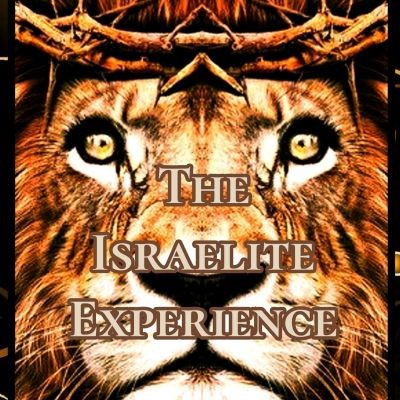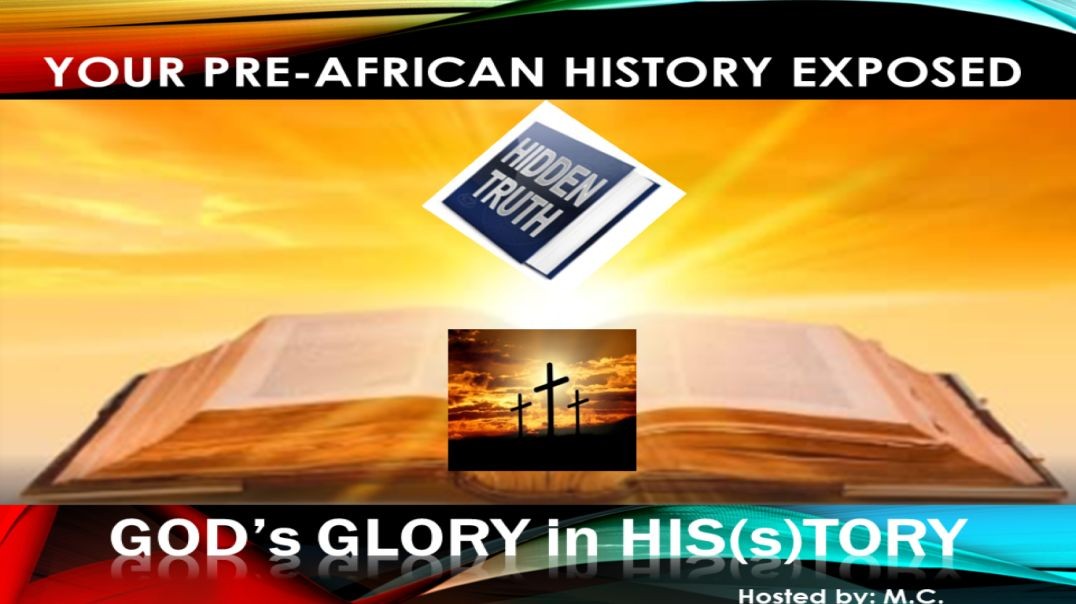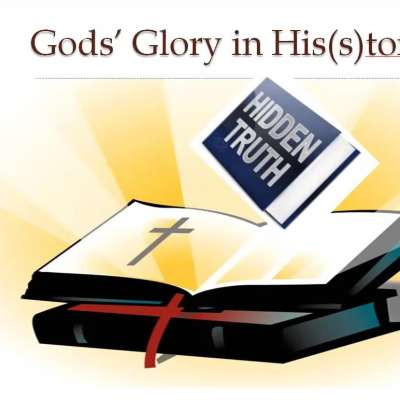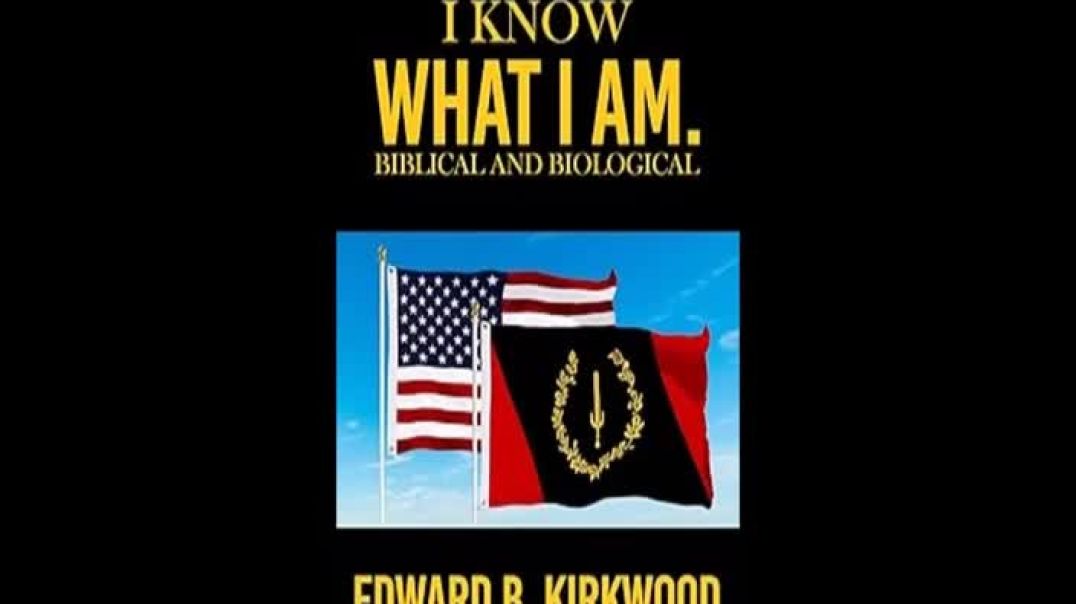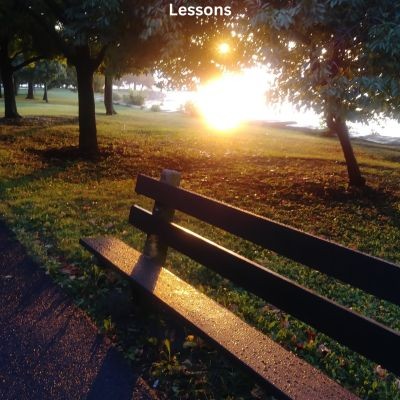UPDATE! Version 1 of our iOS HCTV App is close to being released, and we're allowing a limited number of users a sneak peak this month of December! Please email us at info@hebrewconnect.tv if you would like Pre-Release access!
أهم مقاطع الفيديو


We met up with Arsenal and Nigeria footballer Alex Iwobi when he returned to Lagos to visit a football academy. He met up with some of the young players who look up to him as an inspiration.
Subscribe: http://bit.ly/subscribetoafrica
Website: https://www.bbc.com/africa
Facebook: https://www.facebook.com/bbcnewsafrica/
Twitter: https://www.twitter.com/bbcafrica/
Instagram: https://www.instagram.com/bbcafrica/


Zambia's Mizinga Melu, CEO of Barclays Africa Regional Management in Johannesburg, shares her five lessons for life.
Part of the BBC's new series Power Women, profiling some of Africa's top female CEOs and managing directors.
Watch the full interview: http://www.bbc.com/news/world-africa-37951029
Subscribe: http://bit.ly/subscribetoafrica
Website: https://www.bbc.com/africa
Facebook: https://www.facebook.com/bbcafrica/

The character and characteristics of donkeys in the scripture in many ways matches that of the people of Yashar'al. In today's lesson, we will discuss those similarities and how the guardians of sheep and livestock correlates to those who are called to guard the Torah.
Resource materials: https://www.youtube.com/watch?v=lL_9JGerYps - The Donkey Speaks
Thank you for watching! I appreciate you and your support. If you haven't done so and like the content, please consider subscribing to the channel and sharing the videos. Please be sure to click the "bell" icon so that you are notified when new content is uploaded. Shalum...
Donate/Support:
Cash App: $trumpetscall
Paypal: paypal.com/paypalme/trumpetscall
Patreon: patreon.com/trumpetscall?fan_landing=true
Contact:
https://trumpets-call.com
trumpetscall@proton.me


Shalom Family,
The Most High YAH continues to reveal more and more of who we are as a people everyday. Before, it was Spain and Portugal. Then we discovered the nobles of the family of King David were taken into the Transatlantic Slave Trade....and now, another shocking truth has been revealed to the world. Today we learn...using old books... who the original members and pastor or The First African Baptist Church... say they are. In other words, we will read the descriptive name used for their pastor and members. YAH willing, this will change your minds to who you truly are and where you come from. Well family, check out this shocking truth and become who our Heavenly Father called you to be from the foundations of the Earth. HalleluYAH! ...and Shalom!
Checkout Pastor Kelly Richardson's Video on the First African Baptist Church Here - https://www.youtube.com/watch?v=BXfI0AEM3Jw


Shalom fam! As the chess pieces move, we need to stay back. Use wisdom and stay in the watch tower. SON OF MAN, what do you see? Observe, pray, & stay silent. YAHUAH sees all..Yasharal! Make smart moves in these last days. ♟🎲
-Separation of the wheats & tares
-Spiritual algorithm
-Stay off the chess board!
-Use wisdom, open your eyes
Matthew 24, can you discern the times?
----------------------------------------------------------------------------------------------------------------------------------------------------
"Testimony of Praise"
https://youtu.be/jazjG8_9waA?si=elhRg8TysMRP_2MD


Now is the time to prepare — both physically and spiritually.
YAH is showing many of us what’s coming, and urging us to be wise: like the five virgins who had oil in their lamps.
Many of us are choosing to act — not in fear, but in faith.
If you feel the same, I encourage you to start making preparations for your home. Food, water, essentials — but especially your walk with the Most High.
HALAL YAH!
👉 https://tinyurl.com/My-Patriot-Supply-Main
Shalam — quick update! My Patriot Supply is currently offering 🔟% off for military & first responders (with verification), plus they’ve got a site deal: a 4‑week food kit with four FREE 72‑hour kits, and other discounts!
Scan the QR code in the video or click the link below — the savings won’t last forever!
CLICK HERE: 👉 https://tinyurl.com/My-Patriot-Supply-Main
This video contains affiliate links. If you buy through them, I may earn a commission at no extra cost to you.
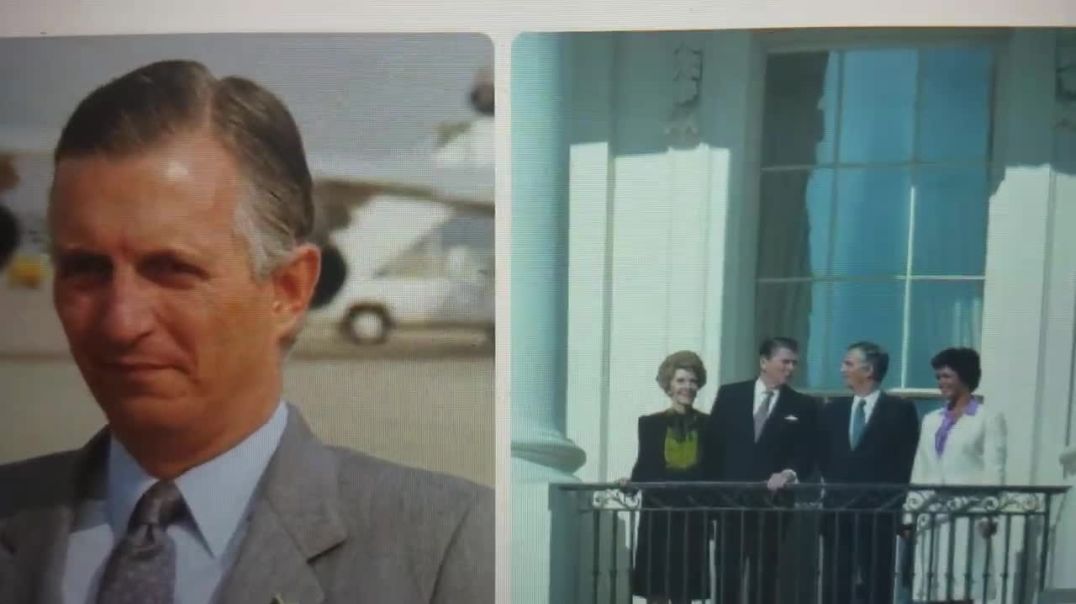
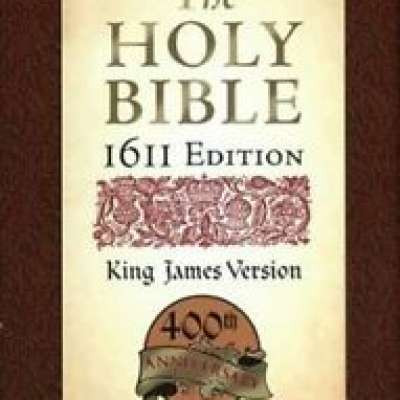
The "Slave holders" Democracies imposed on the Negroe, Children of Jacob/Israel in Jamaica, Americas and worldwide, the payback has arrived. Vengeance is mine , saith the LORD.
Spies in Kingston Jamaica Maroon countries
USAID , lgbtq ambassadors, George Soros Open Society
Eventide Home fire , assassinations
https://www.thegatewaypundit.c....om/2025/03/here-are-
What does the Arab Islamic world need to know? Repent, Recompense or Perish Ezekiel 31, Repent from idols https://youtu.be/zOsQcQOPiCQ?feature=shared
Rigged,violent,selections,elections by ballot force
https://creativedestructionmed....ia.com/news/national
The Book of Idols of Arabia Preislamic
Psalm 2 Revelation King James 1611 Edition
https://youtube.com/playlist?list=PLzvQ2YGbnNSrDvkyk4NtBxjvyj34qzlkg&feature=shared
The Church defeats the antiChrists. Idolaters
Pagans Infidels Fanatics Satanists Agnostics Atheists
Children of Zion Going Home from all nations on earth. Chalice. Jamaica
https://youtu.be/_Pm8H2labOQ?feature=shared
Edom perpetual desolations Jeremiah 49 v 13
Psalm 2
Psalm 83
Obadiah
Revelation 2v9. 3v9
Revelation 13 to 19
Jamaica Eventide Home fire multiple elderly perished..., the nation as swift as the eagle ... no regard for the young or the old Bible prophesy
https://youtu.be/BNYd_brcLyU?feature=shared
https://youtu.be/h1yLo8FkWoo?feature=shared
https://youtu.be/FXg25wyjSEI?si=KaRr2tKzhHQyFkmj
https://www.middleeasteye.net/....opinion/lebanon-fail
Explosion in Beruit, Lebanon
https://www.middleeasteye.net/....topics/beirut-explos
What did they do to the Black Children of Jacob/Israel worldwide. Apartheid slavery corruption school to prison pipeline. Violence, poverty. Stole records, books, whytewashed,Black,history Etc
https://youtu.be/gT-KPkTvXWM?feature=shared
https://youtu.be/apImCs8-YvE?feature=shared
https://youtu.be/Y70TQ0y2TQM?feature=shared
What happened to the ancient Black Assyrians Syrians?
https://youtu.be/W22oz8Xl58A?feature=shared
Mullatoes Arabs Mixed races Obama etc dubious origins installed in Negroe nations worldwide
Mahomes Qurashi Harems polygamy
https://en.m.wikipedia.org/wik....i/Shah_Mahmood_Qures
https://youtu.be/U5oDif1ELao?feature=shared
https://youtu.be/Y70TQ0y2TQM?feature=shared
Rome how many times fallen?
https://en.m.wikipedia.org/wik....i/Fall_of_the_Wester
Psalm 83 Tabernacles of Edom brutality
https://www.youtube.com/live/3....XyAQpObofo?feature=s
Lebanese Syrian Arab installations in Jamaica n Caribbean by force blood shed violence theft sorcery degeneracy hatred of Negroes, etc
Edward Phillip George Seaga
https://www.counterpunch.org/2....019/06/14/edward-sea
Damascus in ruins in Bible prophesy how many times a ruinous heap?
Lebanon failed state ruined by Islamist jihadists
https://youtu.be/-yGy9qIA2TQ?feature=shared
What happened to the Black Syrians Assyrians. ?
https://youtu.be/W22oz8Xl58A?feature=shared
The Arab Syrian Lebanese Edom Aschenazi Brothers in Jamaica stealing again. Obadiah prophesy
https://youtu.be/E9TTq_kyUdA?feature=shared
Kamala Harris of Ashkenazi Hindoo descent
https://youtu.be/qiJGB62LimY?feature=shared
Cesare Borgia Machiavelli and FINSAC used to destroy Jamaica
https://youtu.be/ZdSFOnHIpRU?feature=shared
Too Black to Succeed by Valerie C Dixon
FINSAC, PSOJ Stock exchange
Robbing Jamaica n Lebanese stole their pension funds to top it off
https://youtu.be/PV9Mb6qo1-4?feature=shared
Map: Damascus
Hand-Book of Bible Geography
George Henry Whitney
https://greatgameindia.com/isr....ael-prepares-for-lon
https://www.middleeasteye.net/....news/turkeys-erdogan
Revelation 13:10 Hee that leadeth into captiuitie, shall goe into captiuitie: Hee that killeth with the sword, must be killed with the sword. Here is the patience and the faith of the Saints.
Satan loosed out of his prison a little while
https://rumble.com/v5zxmrn-put....in-nato-is-pushing-u
Apartheyd.state.Greater.Khaganate.in East.
NoahiDe.
https://www.brighteon.com/6d74....6f6d-5a02-446b-a3ae-
A bastard shall dwell in Ashdod prophesy
https://youtu.be/1Sf4kfAoQ8s?feature=shared
Bootleg alcohol liquor kill over a hundred in Turkiye
Bootleg liquor deaths revive debate on Turkiye alcohol tax | Arab News
arabnews.com›node/2586686/middle-east
Although alcohol is more widely available in Turkiye than in most Muslim-majority nations, only 12.1 percent say they drink it.
FBI CIA infiltrating Hebrew churches
https://youtu.be/dJg466ooubs?feature=shared
Falling Dove
What did the ancient Assyrians look like? Black people

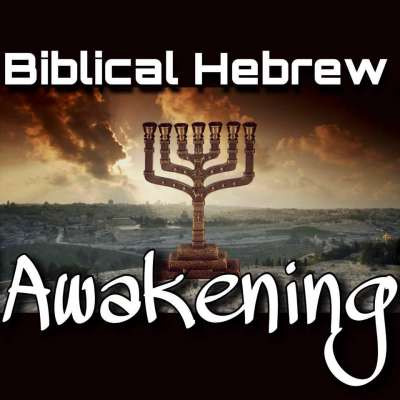
This is a powerful recap of our longer 2 hour long lesson that set the foundation for our current Torah studies.
To see our full lesson, visit us at https://hebrewconnect.tv/v/OiMac4
HebrewConnect.com : Social Network
HebrewConnect.tv : Video Sharing
HebrewConnectTV Android App: https://play.google.com/store/apps/de...
For prayer email prayer@hebrewconnect.com
For help & assistance email ministry@hebrewconnect.com
To donate; https://www.hebrewconnect.org/support-us
#hiddenhebrews #justiceforjudah #hctv #hebrewconnecttv


